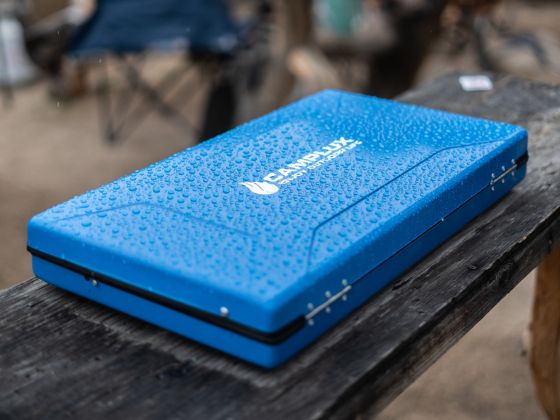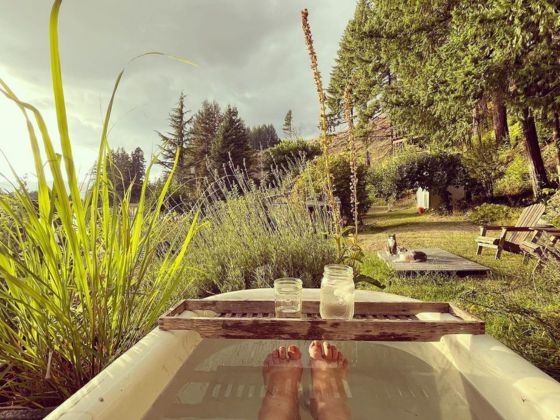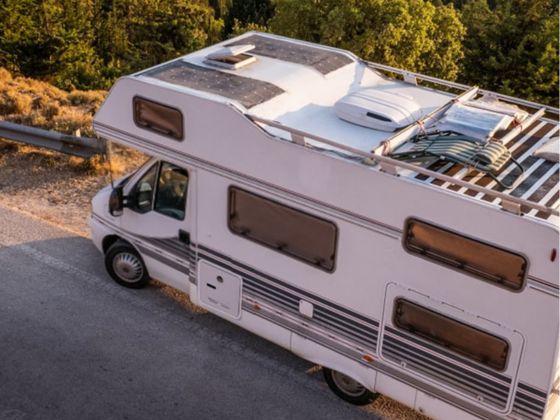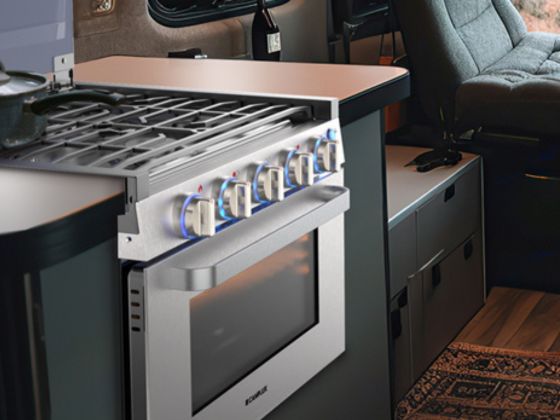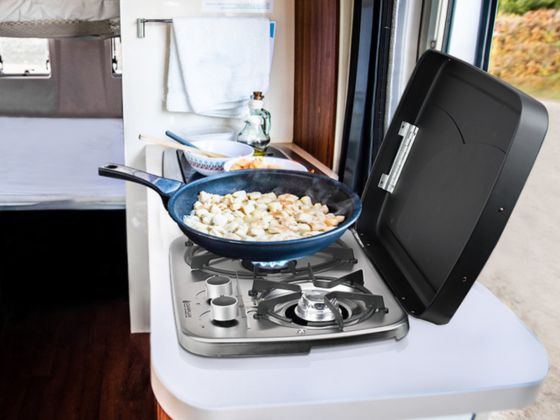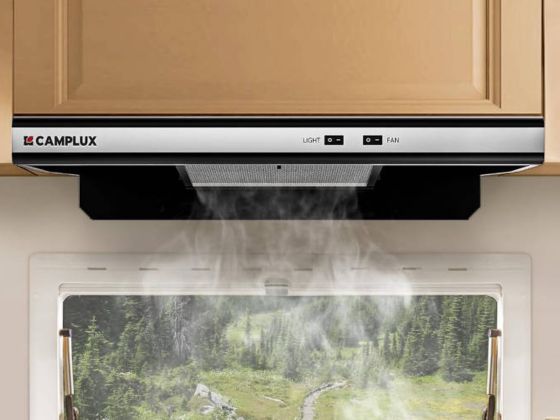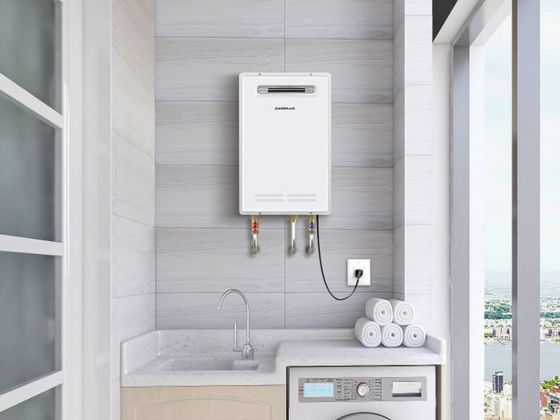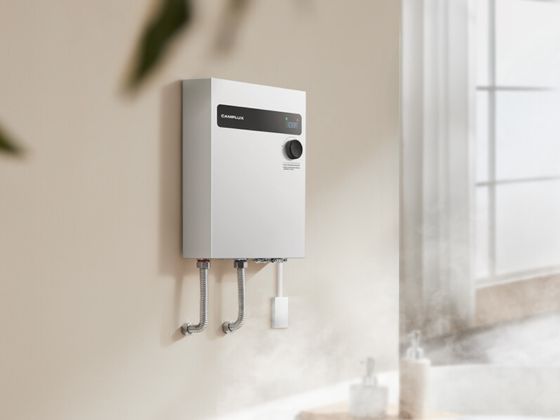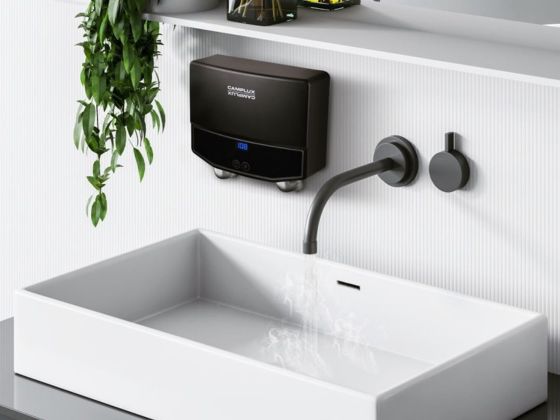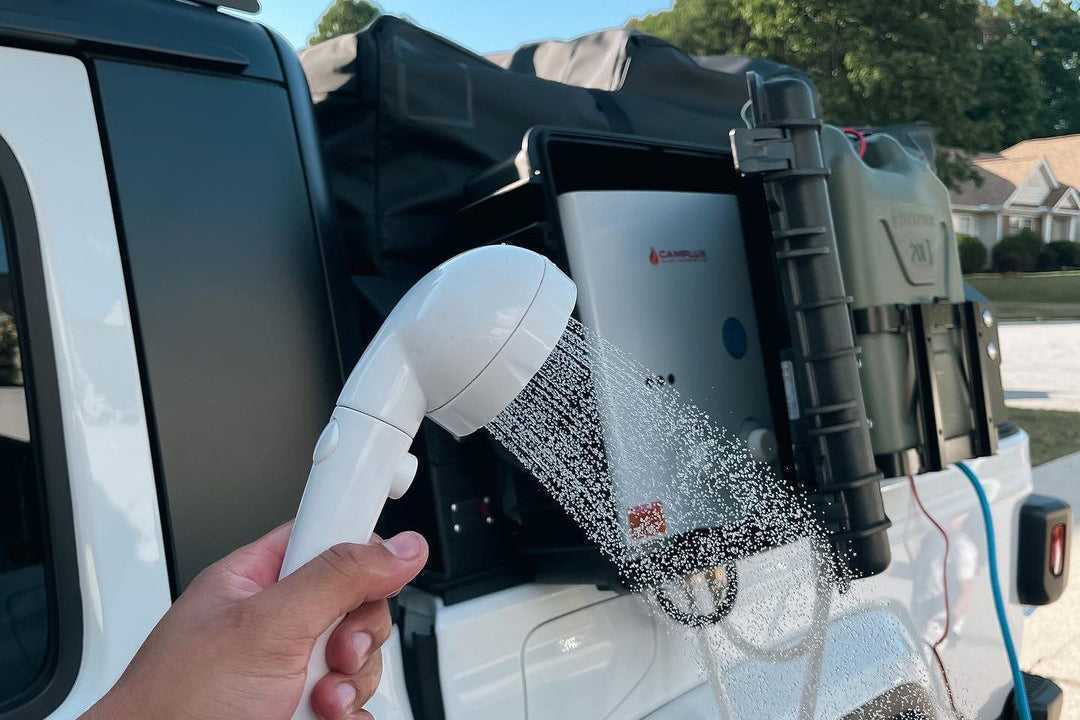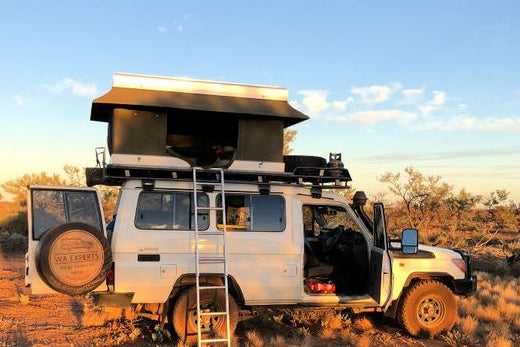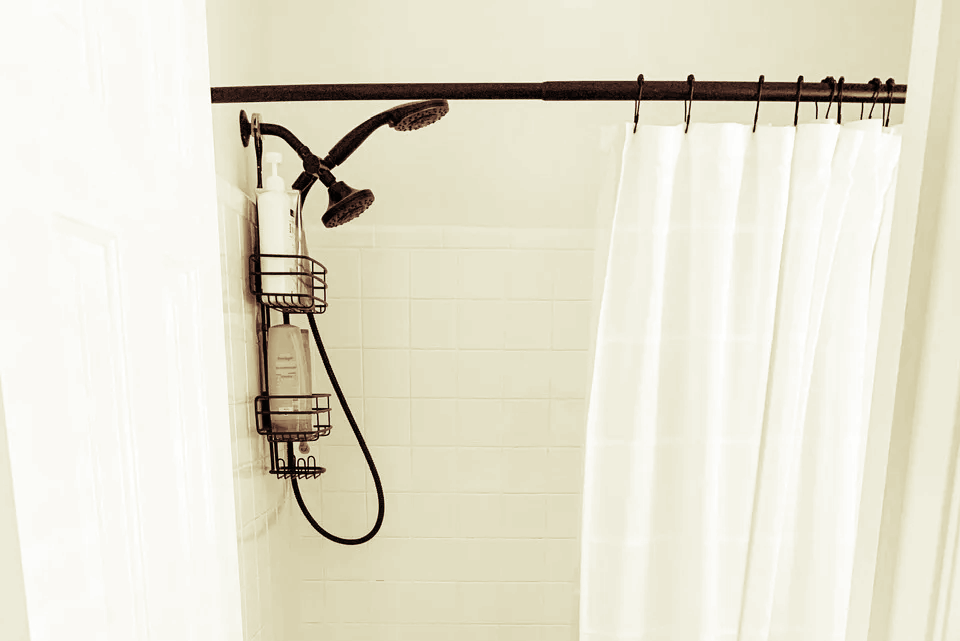Gone are the days you could blame the weather or chilling cold water for your refusal to take a shower..
With portable water heaters becoming a camping staple for wilderness enthusiasts, enjoying a hot, refreshing shower at the day’s end is more of a rule than an exception.
Table of Contents
· How Does a Portable Water Heater Work?
· What to Consider in a Portable Water Heater
· Uses for a Portable Water Heater
Portable water heaters are compact mobile devices that produce hot water on-demand via internal burners that ignite and heat the water as it passes through the unit.
These heaters can be conveniently moved from one place to another and require minimal effort to set up and use.
You need only attach your portable water heater to a fuel and water source, and you’ll enjoy the luxury of hot water in no time.
The portable water heater market is flooded with numerous configurations that people can choose from depending on their budget, choice, and personal taste.
Portable water heaters usually come with:
- Hoses
- Showerhead
- Gas regulator
- Shower handle (with an on/off switch)
There might also be other accompanying hardware to help campers mount their units on posts, trees, hooks, or vehicles.
For this reason, no camping trip is complete without packing one of these handy and relatively inexpensive heaters.
Let’s explore how portable water heaters work, what you should look out for, as well as the uses you might have for one.
How Does a Portable Water Heater Work?

The best portable water heaters l quickly heat a considerable amount of water without using a bulky storage tank; instead, they give you some flexibility to choose from many water sources.
The idea is that when you turn on your hot tap or shower, cold water travels through the pipes in the water heating unit and heats up in seconds.
While most portable water heaters use propane as their primary energy source, others may use power options such as batteries, electricity, or solar energy.
Nonetheless, propane-powered water heaters are more popular since propane’s a green fuel that’s very energy-efficient. Using portable water heaters that run off propane is the best choice when you’re camping in off-grid locations that don’t have any access to electricity.
The CAMPLUX AY132 is one such heating system that is controlled by a single switch on the shower handle.
Of course, the water heating unit itself has controls that let you adjust the water temperature and flow rate to your liking. The Camplux water heater will run for 13 hours on a 20-pound propane bottle when operating at the highest temperature, and 39 hours at the lowest.
Additionally, the CAMPLUX is designed to have an adjustable flow rate between 0.53 and 1.32 gallons per minute, for a rich spray, whether you choose to conserve water with a lower flow rate or luxuriate in the shower at a higher rate.
What to Consider in a Portable Water Heater

You’ll want a reliable and efficient portable water heater, but there are certain factors you need to consider.
The first is your heater’s power source. Your choices include electricity, batteries, or propane and will depend on where you intend to be using your new heater.
An electric-powered one, for instance, would only work in a place with access to electrical outlets. Portable propane water heaters, on the other hand, will operate anywhere as long as you’ve got some liquid propane on hand.
The second thing you want to consider is the heater’s portability. The size and weight of heaters can vary, especially if you’re looking at a larger or battery-powered unit.
Since the water heater isn’t the only thing you’ll be taking on your camping trip, it’s advisable to get a unit whose weight averages around 20 pounds.
Assuming that you go ahead and choose a propane-powered portable water heater, you’ll need to take a look at the BTU (British Thermal Unit) rating, which measures how quickly and efficiently water is heated.
A general rule of thumb is, the higher the rating, the more powerful the heater. The AY132 unit has a BTU rating of 37,500 and heaters with higher BTUs tend to have a more pressured and robust flow rate.
You should also check out the accessories that come with your installation kit. For instance, you want to ensure your kit comes with a showerhead and hoses.
Uses for a Portable Water Heater

There’s no shortage of uses for a good portable water heater. Some of these include:
- Running a hot shower while outdoors, on the beach, or on a camping trip
- Installing it as a permanent water heater in your recreational vehicle (RV)
- Using it as a source of hot water to clean greasy camping utensils
- Installing it as a permanent source of hot water in off-grid houses
- Using it as a backup at home in case of an HVAC or power failure
- Use it to clean your pets or rinse off horses on a ranch
You can get anything from just the basic portable water heater to a kit that’s complete with a portable off-grid pump and kitchen sink system.

